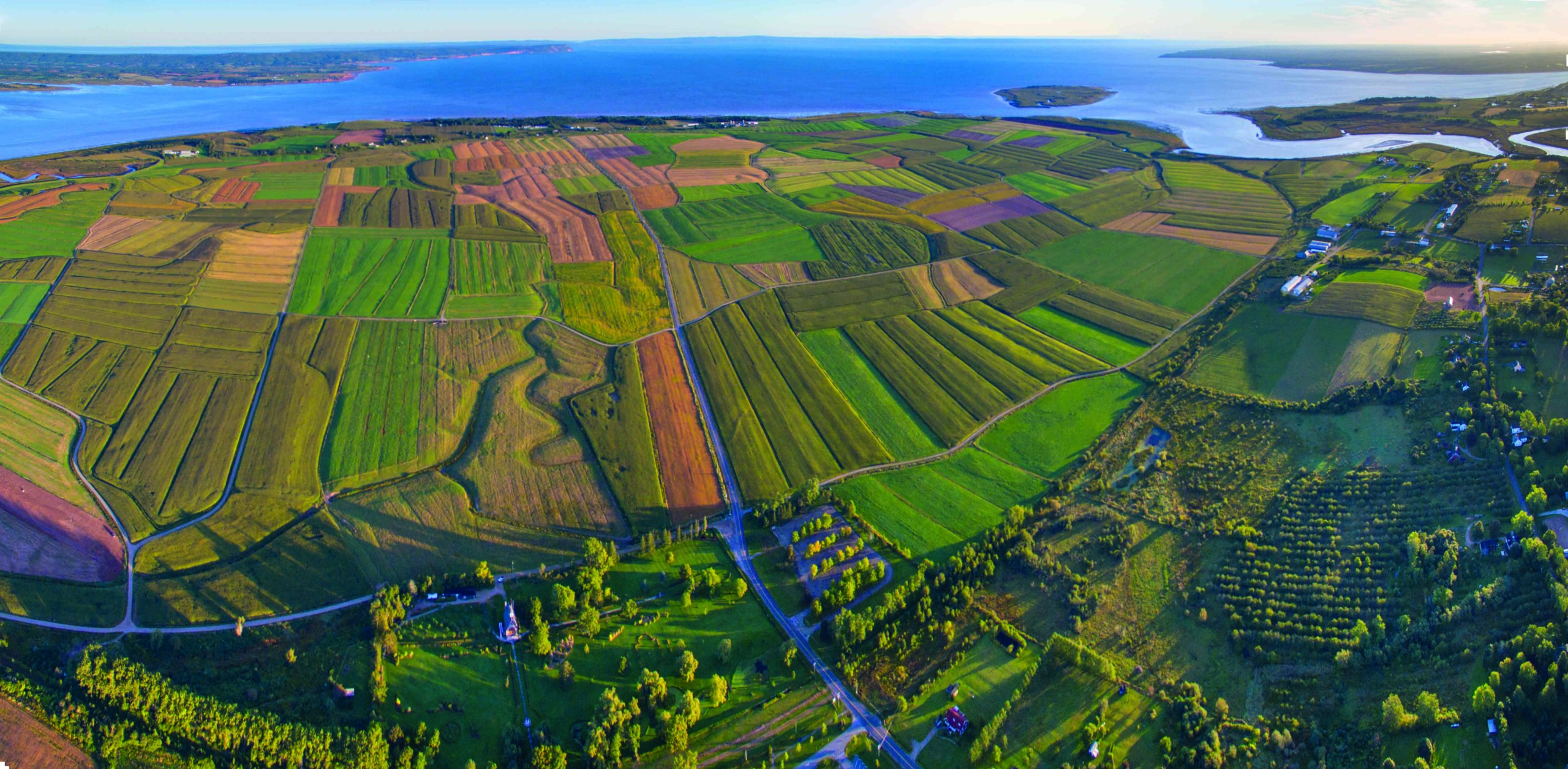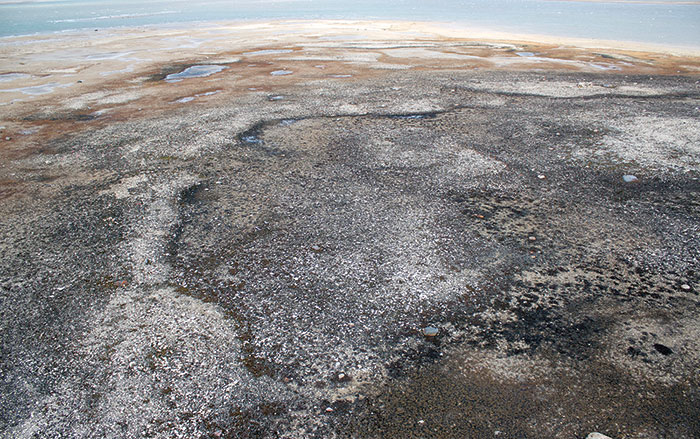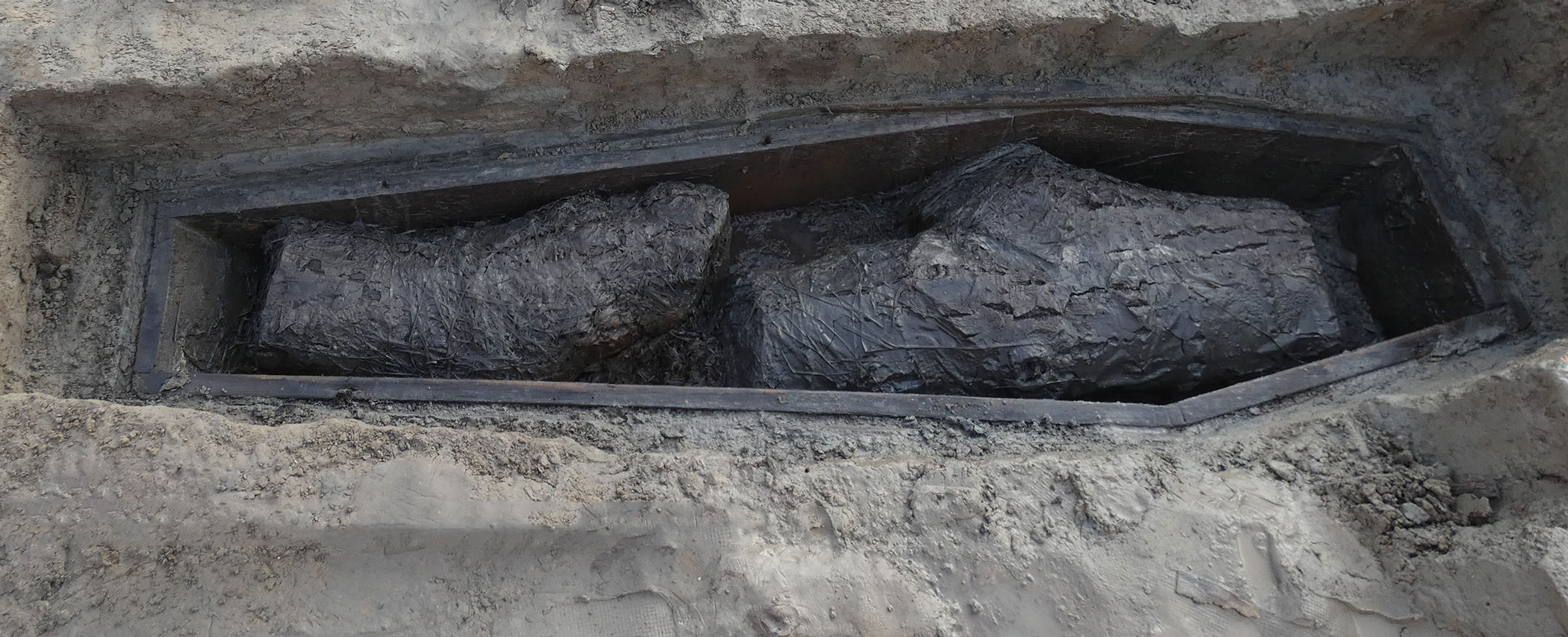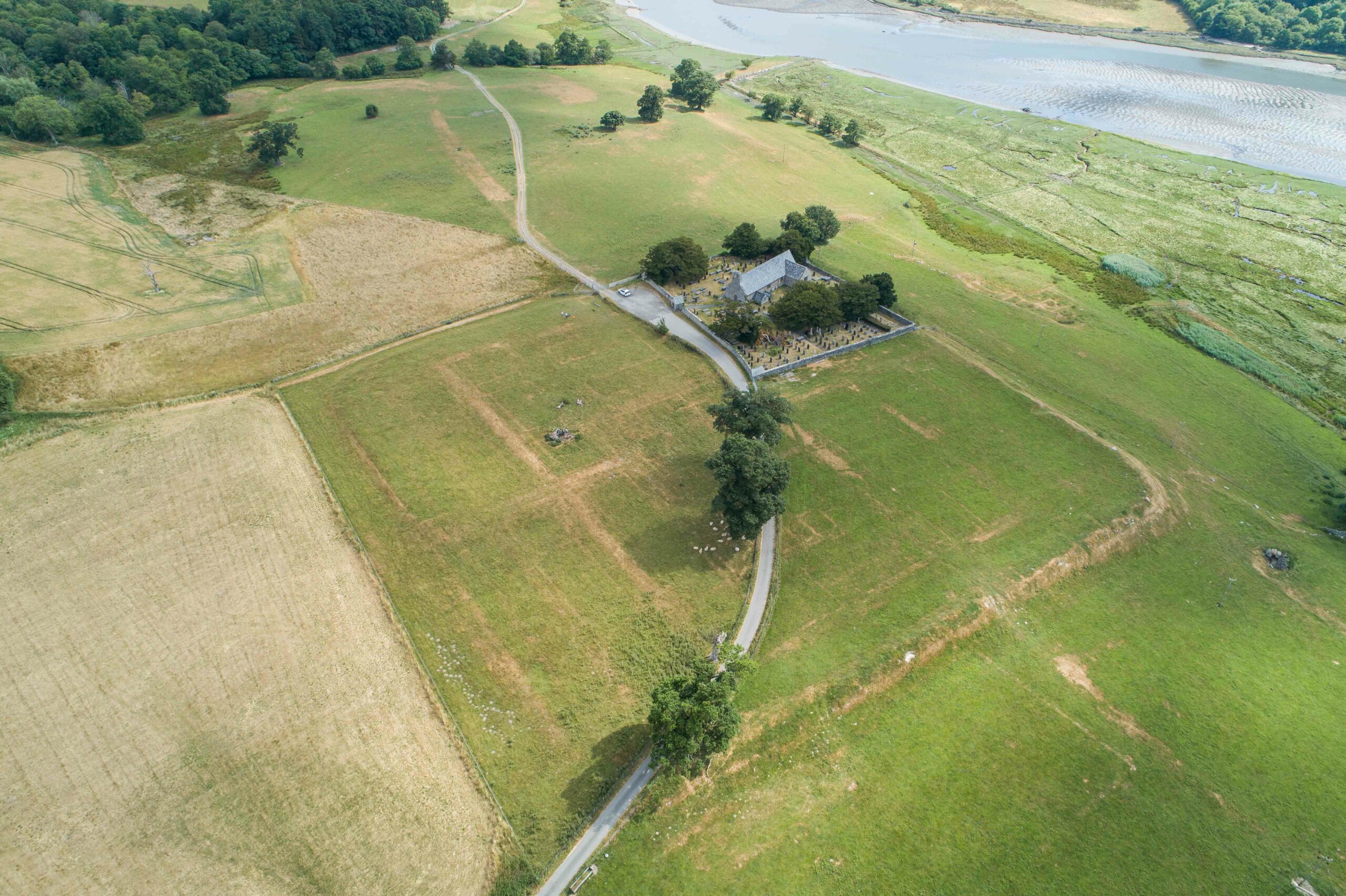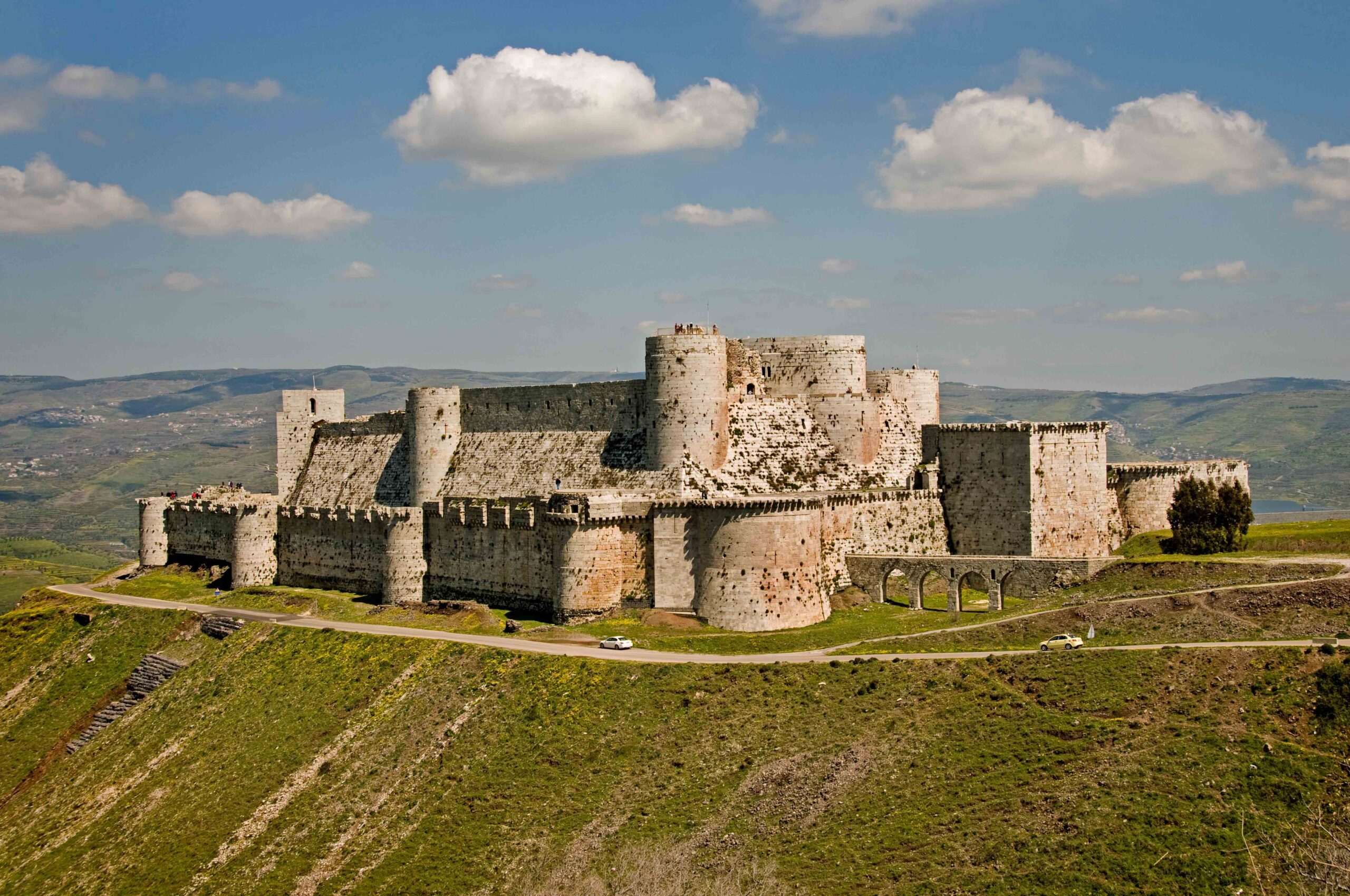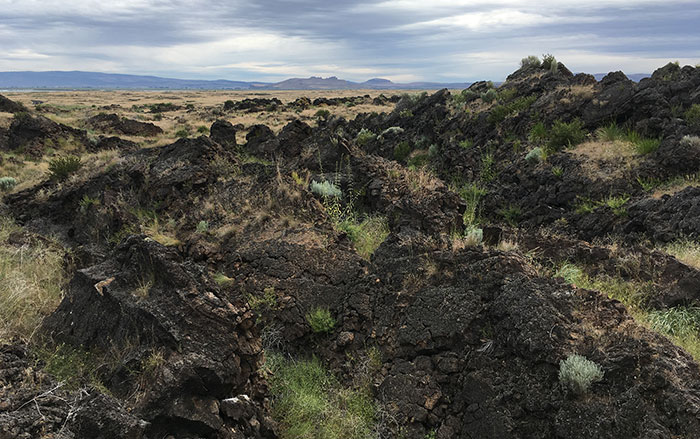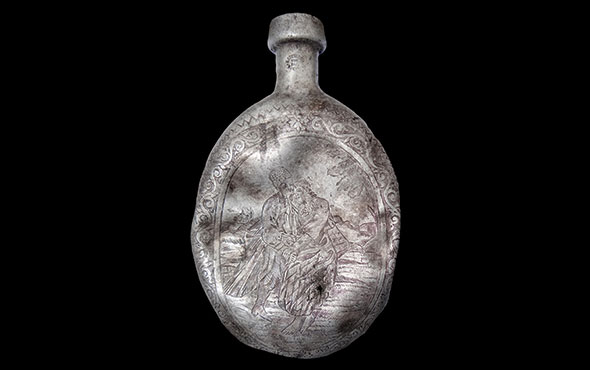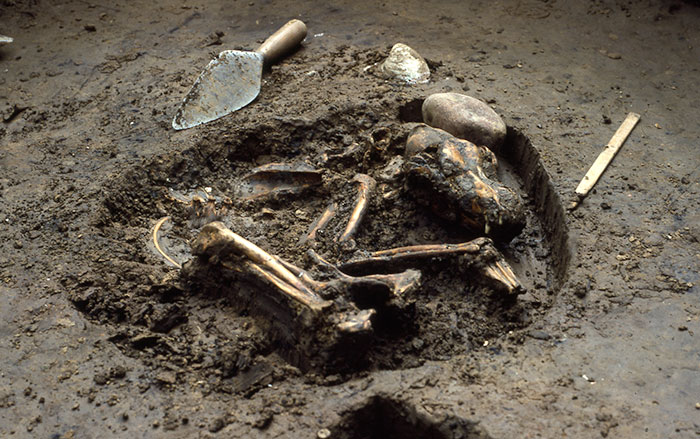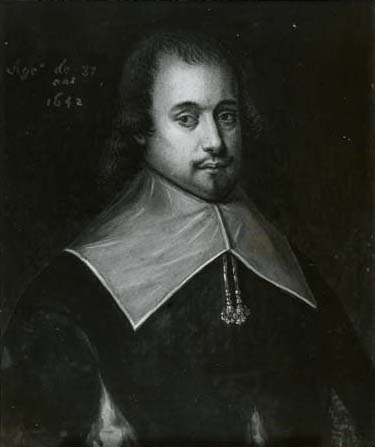
ANNAPOLIS ROYAL, NOVA SCOTIA—According to a CBC News report, a ground-penetrating radar survey at Fort Anne, a star-shaped fort that was built on the Annapolis River in the eighteenth century, detected anomalies that could be traces of an earlier Acadian cemetery. Parks Canada site manager Ted Dolan said the Acadians were French colonists who arrived at the site in 1636 with Governor Charles de Menou d’Aulnay and came to identify themselves as Canadians within a few generations. As many as 2,000 Arcadians may have been buried at the site before the British drove them out during the French and Indian War in the 1750s. Many of the Acadians eventually settled in Louisiana. To read in-depth about the discovery of a nineteenth-century ship in Canada, go to “Franklin’s Last Voyage.”


